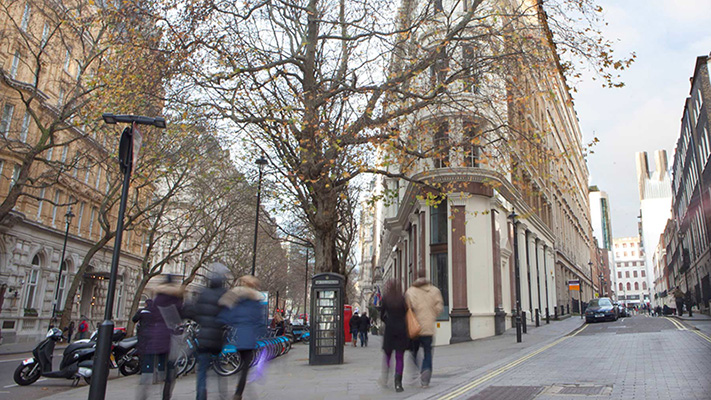
Deregistering from VAT – A Useful Guide
A business will deregister from VAT under one of two methods:-
Compulsory VAT deregistration
This is when the business has ceased to trade and has no intention of making future taxable supplies. The deregistration date is the final date of trading but this can be extended so the business can include probable purchase invoices for input tax reasons (i.e. usually professional or accountancy fees in relation to the cessation of the business).
Voluntary VAT deregistration
This is when the business expects that its taxable sales in the next 12 months will be less than the deregistration threshold (£83,000). This may be of use if the business makes supplies to the public, who are unable to recover the VAT element.
How does VAT deregistration affect the final VAT Return?
A disadvantage of deregistering from VAT is that there may be output tax due on the final VAT return in relation to the assets and stocks which are still owned on the day of deregistration.
An example could include:-
- Tangible goods on which VAT was claimed when you bought them. Common examples include computers, furniture and unsold stock.
- Interests in land – but only where an option to tax has been made. This is a complex area and advice should be sought if your situation is likely to involve opted land held at the date of deregistration
What items can be excluded from VAT deregistration?
There are items which are excluded from the above and therefore do not generate a VAT liability:-
- Goods bought from an unregistered businesses or private individuals;
- Goods where input tax was not claimed when purchased except from where standard rated goods were obtained VAT free as a result of taking over a business as a going concern;
- Goods not bought for business purposes;
- Goods which have been directly attributed to an exempt business activity (unless some input tax was reclaimable for these goods under partial exemption);
- If the total output tax calculated in respect of all assets and stock comes to less than £1,000, it is a de minimis amount and no declaration is needed on the final return.
There are exceptions to these rules so please seek professional advice if you are thinking about deregistering from VAT. We will be happy to assist.
The information in this article is believed to be factually correct at the time of writing and publication, but is not intended to constitute advice. No liability is accepted for any loss howsoever arising as a result of the contents of this article. Specific advice should be sought before entering into, or refraining from entering into any transaction.
